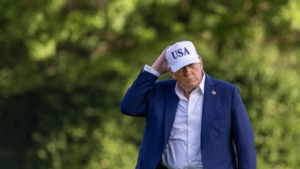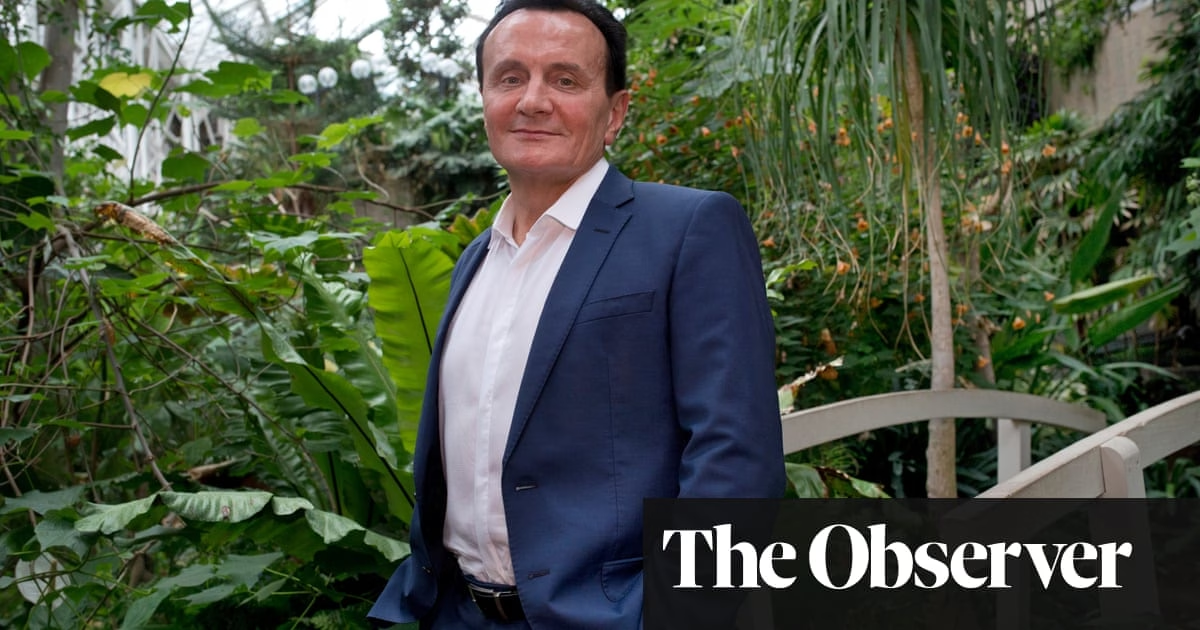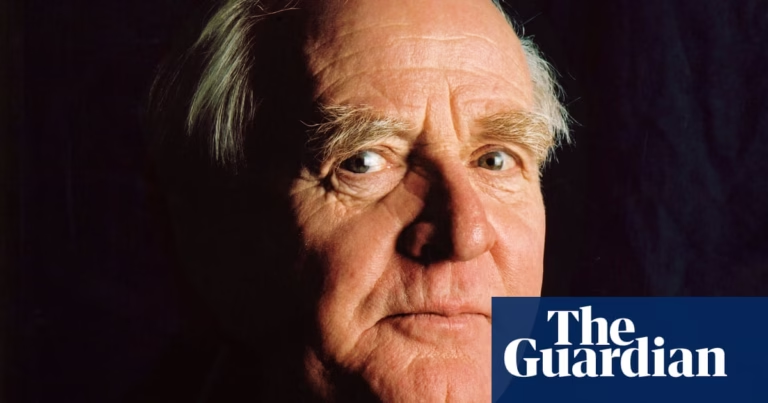Valued at approximately £170 billion, Britain’s largest listed company is under scrutiny over investigations in China regarding import and data breaches. The company also faced controversy after abandoning its planned £450 million expansion of its vaccine site in Speke, near Liverpool, due to failing to secure a state support package with the UK government.
Additionally, there is a looming threat of Donald Trump imposing tariffs on the pharmaceutical industry as part of his ongoing campaign against global trade practices.
Despite these challenges, the company’s chair, Michel Demaré, can reflect on a financially successful year. Strong sales of AstraZeneca’s treatments led to a 38% increase in profits to $8.7 billion and a 21% revenue growth to $54.1 billion in 2024. The group predicts revenues could jump to $80 billion by 2030 with the launch of 20 new medicines.
The company is also investing heavily in China with a $2.5 billion investment to establish its sixth international strategic research and development hub in Beijing, amidst ongoing investigations and a $900,000 tax fraud.
Investors are concerned about potential tariffs that could significantly impact the cost of medications globally. Both AstraZeneca and GSK, another major UK drug maker, have some manufacturing in the US, which could mitigate against any tariffs.
AstraZeneca’s CEO compensation could face renewed scrutiny at the upcoming AGM, with the potential for his package to rise to £25 million, depending on performance metrics.








